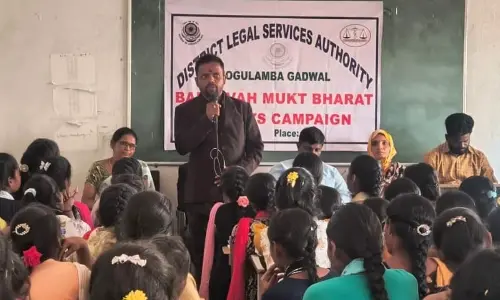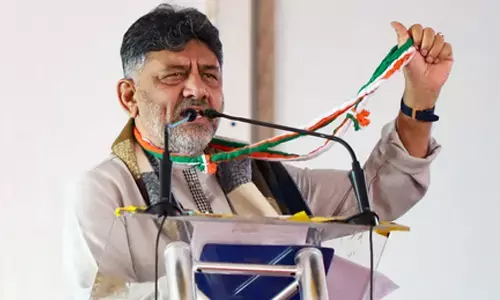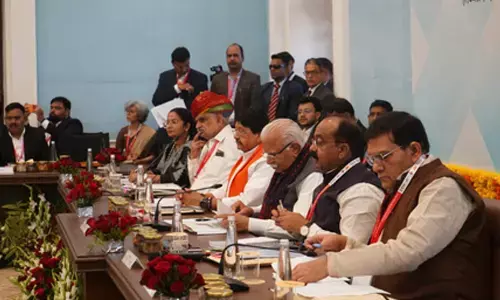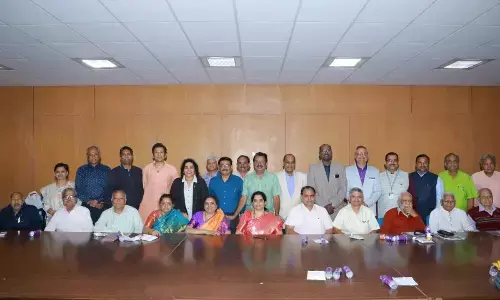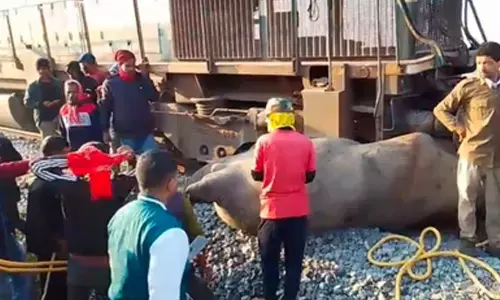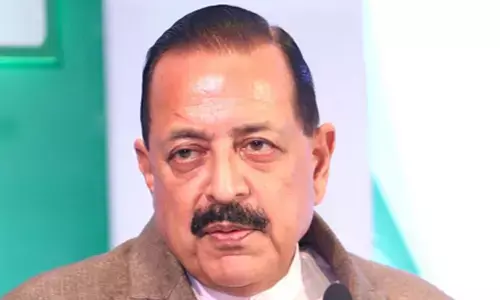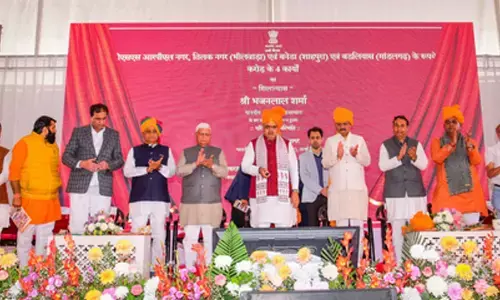Will be difficult for subordinate courts to deal with huge arrears without cooperation of the Bar: Supreme Court
Share :
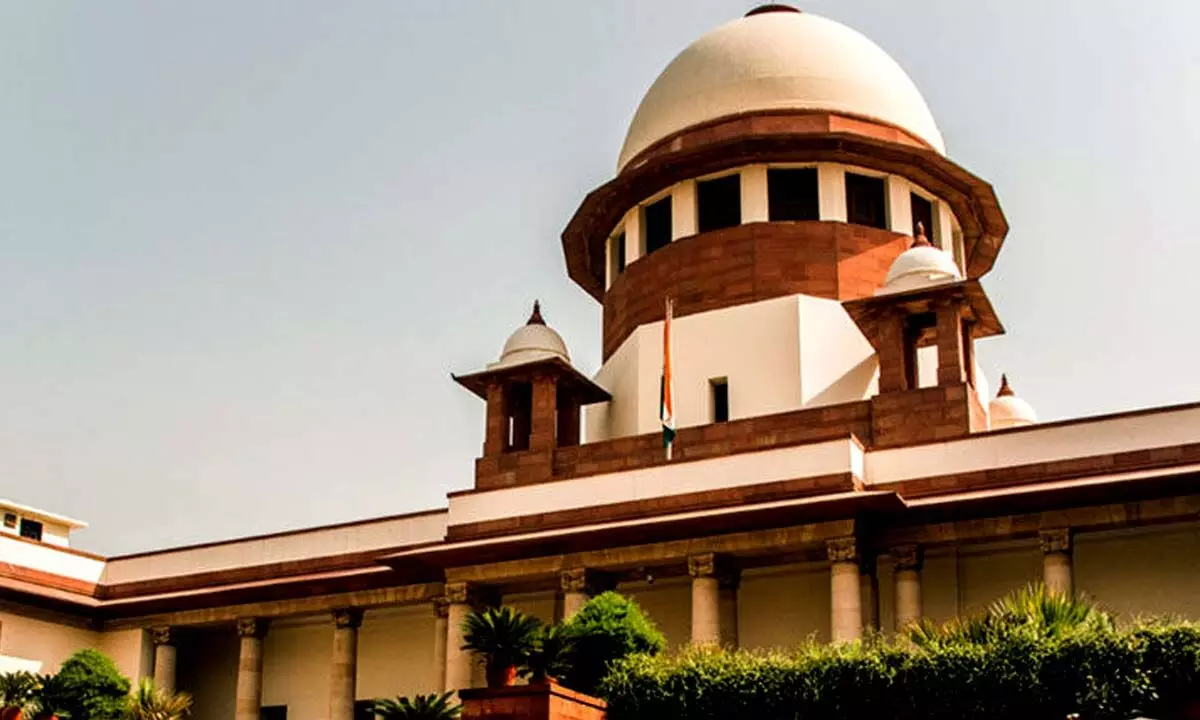
Supreme Court of India
The Supreme Court has said that it will be very difficult for subordinate courts to deal with the huge arrears of cases if the members of the Bar do not extend their cooperation in the conclusion of the trial.
New Delhi: The Supreme Court has said that it will be very difficult for subordinate courts to deal with the huge arrears of cases if the members of the Bar do not extend their cooperation in the conclusion of the trial.
The observation was made by a bench of Justices Abhay S. Oka and Rajesh Jindal while considering a special leave petition instituted against an order of the Bombay High Court staying the execution and operation of a decree passed by the trial court in a civil suit.
The bench noted that during the trial, persistent objections were raised by plaintiff’s advocate and as a result, the trial court had to record a substantial part of the cross examination in question and answer form, thus consuming a lot of its time.
In its judgment, the top court remarked: "If the members of the Bar do not cooperate with the trial courts, it will be very difficult for our courts to deal with the huge arrears."
The apex court added that advocates, being members of the Bar and officers of the court, are expected to conduct themselves in a reasonable and fair manner during trial.
It said that fairness is a hallmark of great advocacy and if advocates start objecting to every question asked in the cross-examination, the trial cannot go on smoothly, resultantly getting delayed.
Further, it said that the data available on National Judicial Data Grid indicated that there is a huge pendency of suits in the trial courts in Maharashtra.
Before the top court, the appellant had argued that the finding rendered in his favour after a full fledged trial cannot be nullified by the High Court by ordering interim stay as it virtually amounted to granting final relief in the appeal. "We are dealing with an interim order passed during the pendency of an appeal against the decree and that the appeal is pending…While dealing with the prayer for a stay of execution of the decree subject matter of challenge, it was not necessary for the High Court to make an in-depth consideration of the merits of the appeal. Only a prima facie consideration was required to be made by the High Court."
After analysing the law and facts involved in the case, the Supreme Court held: "It is very difficult to find fault with the impugned interim order of the High Court which will be operative till the disposal of the substantive appeal."










